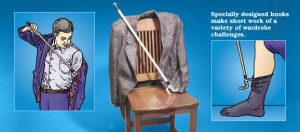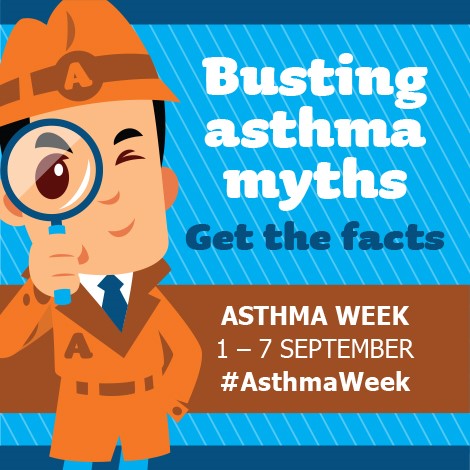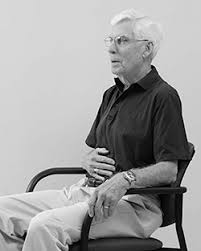A recent article that I was made aware of through social networking has found that breathing through the nose significantly increased memory recognition. Olfactory sensory neurons detect the pressure created by the airflow into the nose and send this on via the olfactory bulb and on to the hippocampus, an important centre for memory function in the brain. In lay terms what does this mean?
- nose breathing enhances the encoding and retrieval of memories
- core brain functions can be impacted by breathing patterns
What this is leading to clinically is in the hands of researchers but I for one like the fact that as I teach breath management that promotes nose intake over mouth I find it a wonderful thought that perhaps I am positively influencing the patients olfactory senses and strengthening memory pathways to the brain’s heart, the hippocampus.
In older age memory is something that is an important part of who we are as individuals so next time you are out smelling the roses take a moment longer to really breath in through your nose and strengthen those neural pathways that keep our happy memories alive.











